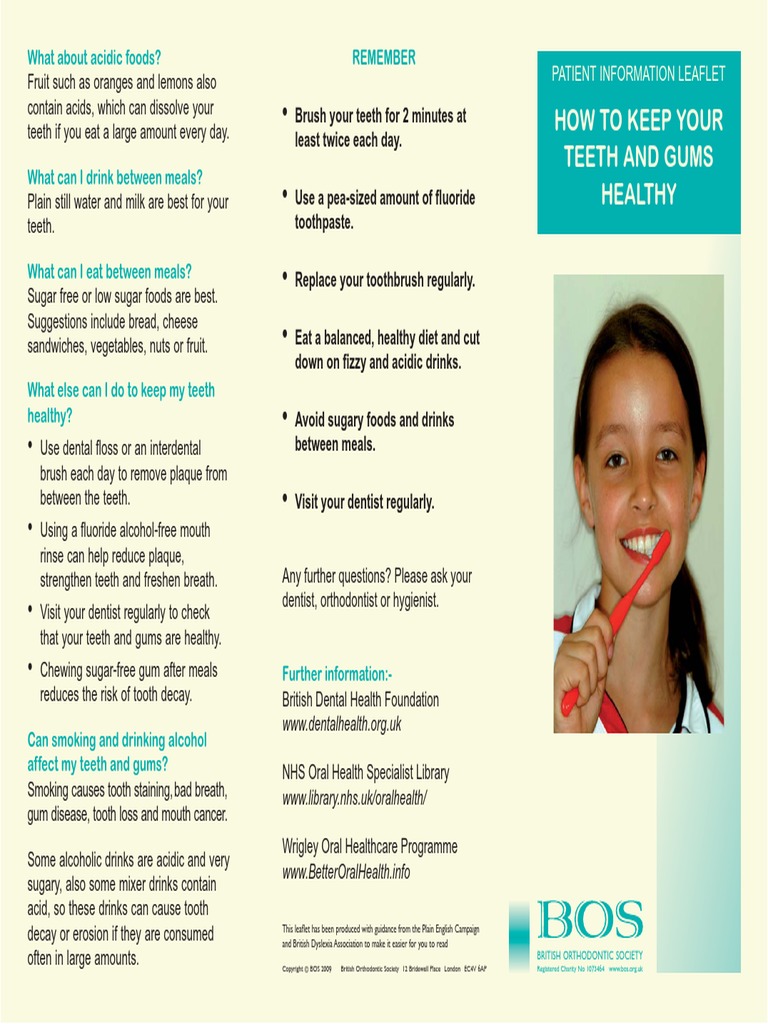

Daily habits significantly impact the health of your teeth and gums. A dazzling smile isn’t just about aesthetics; it’s a sign of overall well-being. This guide delves into the crucial daily practices that promote strong teeth and healthy gums, providing actionable steps to maintain oral health. Many people struggle with common oral issues like cavities, gum disease, and tooth sensitivity. This article outlines effective strategies to combat these issues and maintain a lifetime of healthy smiles. We’ll cover everything from brushing techniques to dietary choices and introduce you to the importance of regular dental visits. Prepare to learn the simple, yet powerful habits that will transform your oral hygiene routine!
The Foundation of Strong Teeth and Gums: Brushing and Flossing Techniques
Mastering the Art of Brushing
Proper brushing is essential for removing plaque and food particles that can lead to cavities and gum disease. Use a soft-bristled toothbrush and fluoride toothpaste. Brush gently, using short, circular motions, focusing on all surfaces of each tooth. Ensure you reach the gumline to eliminate bacteria and prevent gingivitis. Avoid scrubbing too hard, as this can damage tooth enamel. Brush for two minutes, twice a day, ideally after meals. Consider electric toothbrushes for improved plaque removal efficiency.
Flossing for Deeper Cleanliness
Daily flossing complements brushing by reaching the spaces between teeth, where plaque and food debris accumulate. Use a gentle, back-and-forth motion to guide the floss between each tooth. Be careful not to snap the floss against the gums, which can irritate them. Incorporate flossing into your daily routine to remove plaque and food particles, ensuring a thorough clean. Consistent flossing significantly reduces the risk of gum disease. If you find flossing challenging, consider using interdental brushes or floss picks for a more effective clean.
Nourishing Your Teeth and Gums Through Diet
The Importance of a Balanced Diet
A balanced diet rich in vitamins and minerals is essential for maintaining strong teeth and gums. Vitamins like vitamin D, calcium, and phosphorus contribute directly to strong tooth enamel. Foods rich in Vitamin C, such as citrus fruits and berries, help support gum health and collagen production. Limit sugary drinks and foods as excessive sugar can contribute to cavities. Focus on a diet including fruits, vegetables, lean proteins, and whole grains.
Foods That Support Dental Health
Fruits and vegetables, in general, are excellent for oral health. They contain natural cleaning agents that can help remove food particles. Leafy green vegetables, in particular, can support gum health by stimulating blood circulation. Calcium-rich foods such as dairy products help strengthen teeth and prevent cavities. Avoid highly processed foods, sticky snacks, and excessive consumption of sugary foods, as they can stick to teeth and contribute to plaque build-up. Limit consumption of acidic drinks and foods to avoid enamel erosion.
The function of Regular Dental Checkups
Preventive Dentistry: A Proactive Approach
Regular dental checkups are vital for maintaining strong teeth and gums. Professional cleanings remove plaque and tartar buildup that brushing and flossing may miss. Dental examinations detect early signs of gum disease, cavities, or other oral health issues, enabling prompt treatment. These checkups also offer personalized advice to improve your oral hygiene routine and address specific needs. This proactive approach significantly reduces the risk of severe dental problems.
Early Detection and Treatment
Studies show that early detection of oral health issues leads to more effective and less costly treatment. A dentist can determine potential problems like gum disease or cavities at their earliest stages, when they’re easier to address. Addressing these issues early often prevents more extensive and costly treatment in the future, preventing dental issues like tooth extraction. Proactive dental visits also lead to a better quality of life and confidence.
Addressing Specific Concerns: Cavities and Gum Disease
Understanding Cavities
Cavities occur when bacteria in plaque produce acids that erode tooth enamel. A diet high in sugar is a primary contributing factor. Regular brushing, flossing, and dental checkups are essential in preventing cavities. determineing and addressing early signs of cavities with fillings ensures that minor issues do not escalate into more severe ones. The optimal way to combat cavities is through prevention.
Combating Gum Disease: Gingivitis and Periodontitis
Gum disease, also known as periodontal disease, begins with gingivitis – inflammation of the gums. If left untreated, gingivitis can progress to periodontitis, a more severe condition that damages the tissues and bone supporting the teeth. Good oral hygiene, including regular brushing and flossing, is crucial for preventing gum disease. Addressing gum disease early can help you maintain long-term dental health.
Additional Tips for Optimal Oral Health
Mouthwash and other supplemental tools
Using a fluoride mouthwash can help rinse away food particles and neutralize acids that contribute to tooth decay. Consider the use of mouthwash as a supplement to brushing and flossing for a thorough approach to oral care. Mouthwash helps maintain a clean oral cavity between brushing sessions and improves the overall health of your gums and teeth.
Avoiding Harmful Habits
Avoid habits that can damage teeth, like biting your nails or using your teeth as tools. Smoking is also detrimental to oral health, increasing the risk of gum disease and tooth loss. Quitting smoking is a significant step toward improving your oral health. Limit the consumption of hard candies or chewing on ice cubes, as these can crack or chip teeth.
How often should I visit the dentist for a checkup?
What are some of the optimal foods for maintaining strong teeth and gums?
What are the risks associated with neglecting daily oral hygiene habits?
Are there any alternative methods to brushing and flossing?
In conclusion, maintaining strong teeth and gums requires a holistic approach encompassing a balanced diet, diligent oral hygiene, and regular dental checkups. By following these daily habits, you can significantly reduce the risk of dental problems and ensure a lifetime of healthy smiles. Schedule a visit with your dentist today to discuss your oral health and get personalized advice tailored to your specific needs.